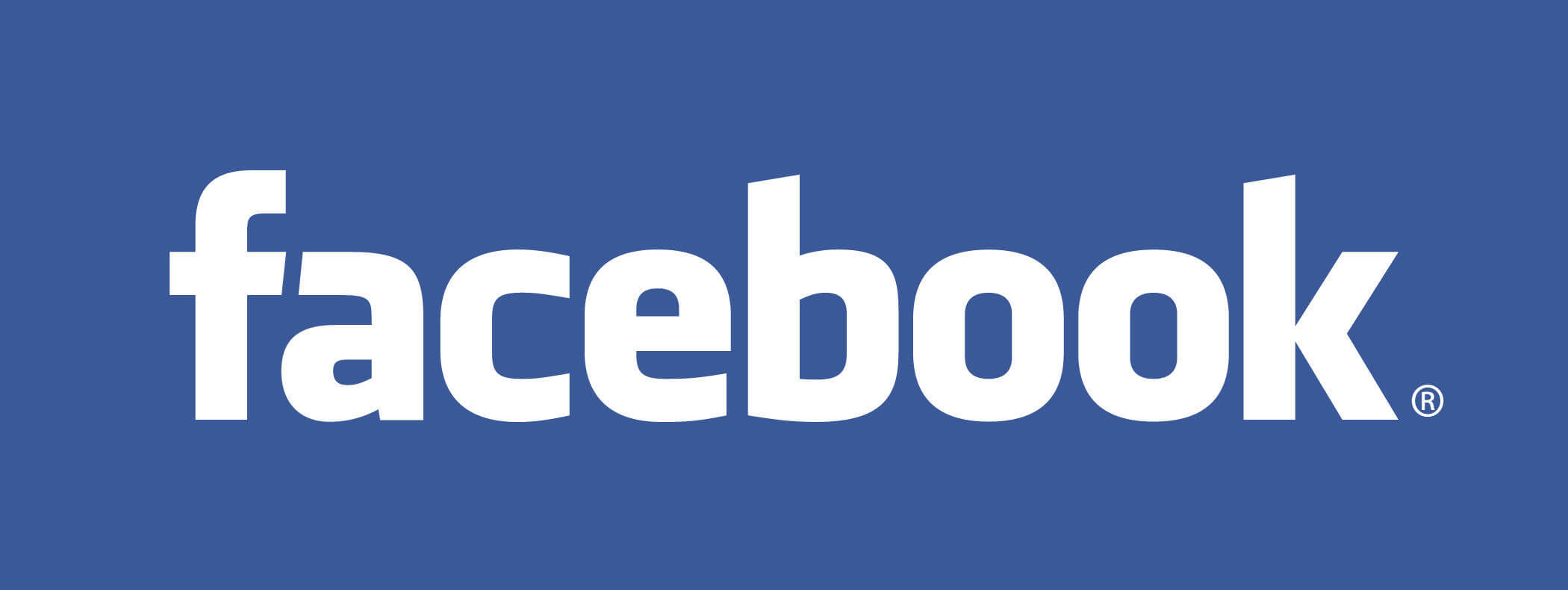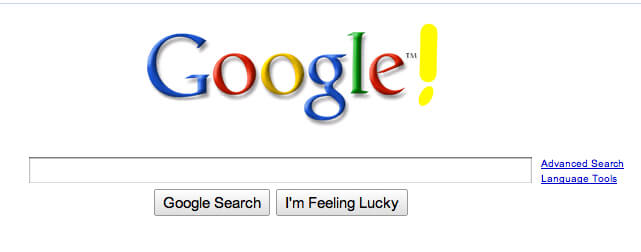Facebook and Google are the two big giants offering online marketing opportunities. As a small business with a limited budget, a careful review of what the both facebook & google ads offer is a must.
Facebook leads the way in social networking, with more than 950 million active users per month across the globe. Google deals with 34,000 searches a second! That’s 2,000,000 per minute and in one year, a number so big that I daren’t try to write it down for fear of leaving off a few zeros!
With these kinds of numbers, surely advertising on either channel can get you amazing brand exposure. Potentially yes, if you have an unlimited budget, but let’s get back to the real world and remember that advertising costs stack up. Best focus on how to maximize return on your investment.
There is a fundamental difference between these two mega successful marketing platforms: on Facebook, you’re marketing your product to people who aren’t actively thinking about buying; on Google, you’re targeting your advert to the very people who want a product like yours.
This seems like a persuasive argument for advertising with Google. But hold your horses, let’s look at this in a little more detail.
Facebook ads focus on the person

Facebook adverts can be placed on the desktop newsfeed, or more recently, as Facebook strives to increase marketing revenue, on a mobile newsfeed, or even on third party websites such as Zynga.com. Not only do you get to choose where the ad appears, but you can optimize who sees it based on the data held by Facebook about its users.
Say you want to advertise a revolutionary anti-aging beauty cream, with Facebook you can opt for your advert to only appear on the newsfeed of women over the age of 40. And if you want to advertise cheap golf breaks for the ‘boys’, you may choose your target market as men over 25. These people aren’t necessarily thinking about their beauty regime/next golfing trip, but maybe they will be intrigued by your fabulous advert and click through to your website.
Google ads focus on the search

Now say you decide to advertise your revolutionary anti-aging beauty cream on Google. You need to get into the head of your potential customer and understand what kind of search terms they would use when looking for a product like yours (phrases like: anti-aging cream, mature skin products, or who knows, miracle cream for the older woman,) then make these keywords the basis of your Google advert.
When a client does a Google search to seek out and buy that miracle cream, the search terms will match your advert and it will appear as a sponsored link on page one. The more you pay Google for these search terms, the higher up the list your product appears – hopefully leading to more click throughs.
So which option is best for you?
The cost-per-click rate for Facebook is less than for Google, but those who click through to your website from Google are already thinking about buying.
If you believe your target market spends a lot of time socializing and gossiping on Facebook, then it may be the best way to promote your product. If your company is going to build relationships with fans, you also have the potential to achieve great word-of-mouth recommendations.
However if you believe your potential customers rarely browse Facebook and prefer to go with a rapid Google search to complete their online shopping, then Google ads will have the best returns.
Ultimately the decision is yours and what suits one company and its products may not suit another. The only sure way to know is to constantly analyze the effectiveness of the marketing channel you use.





